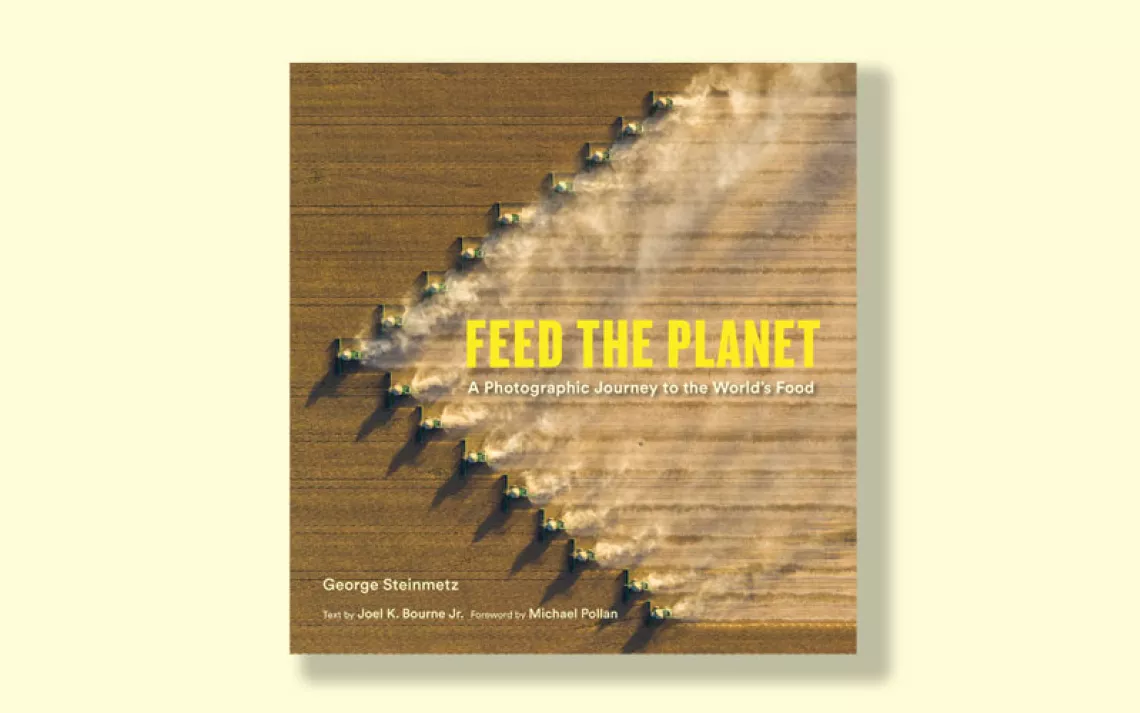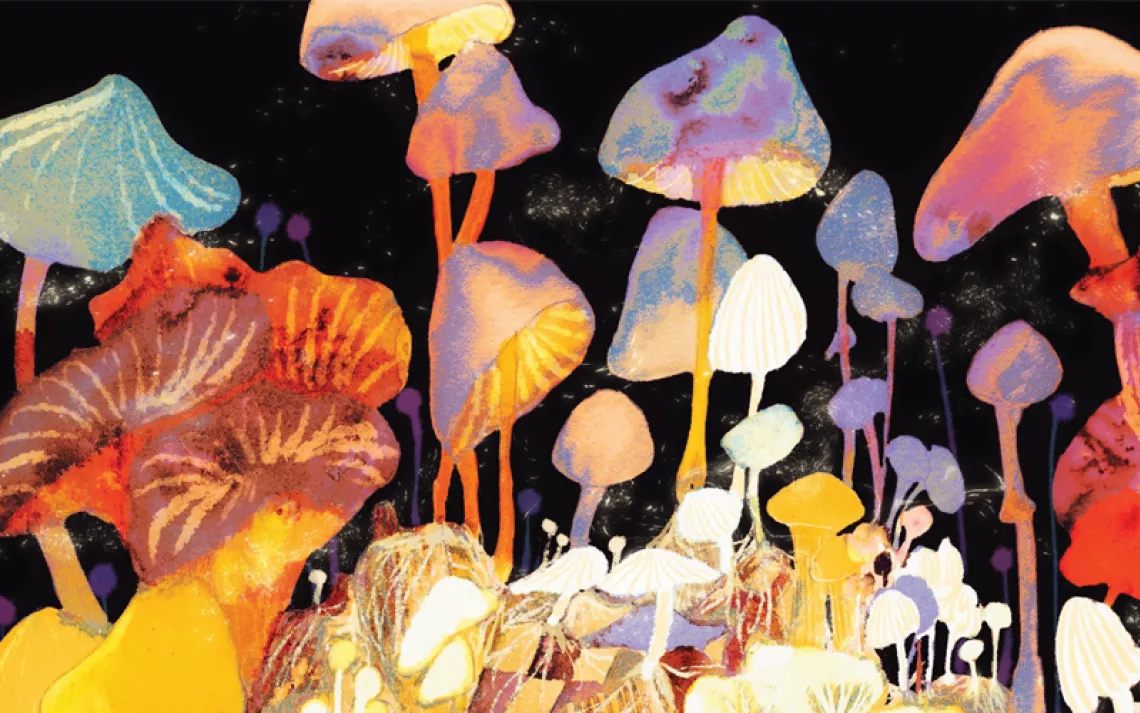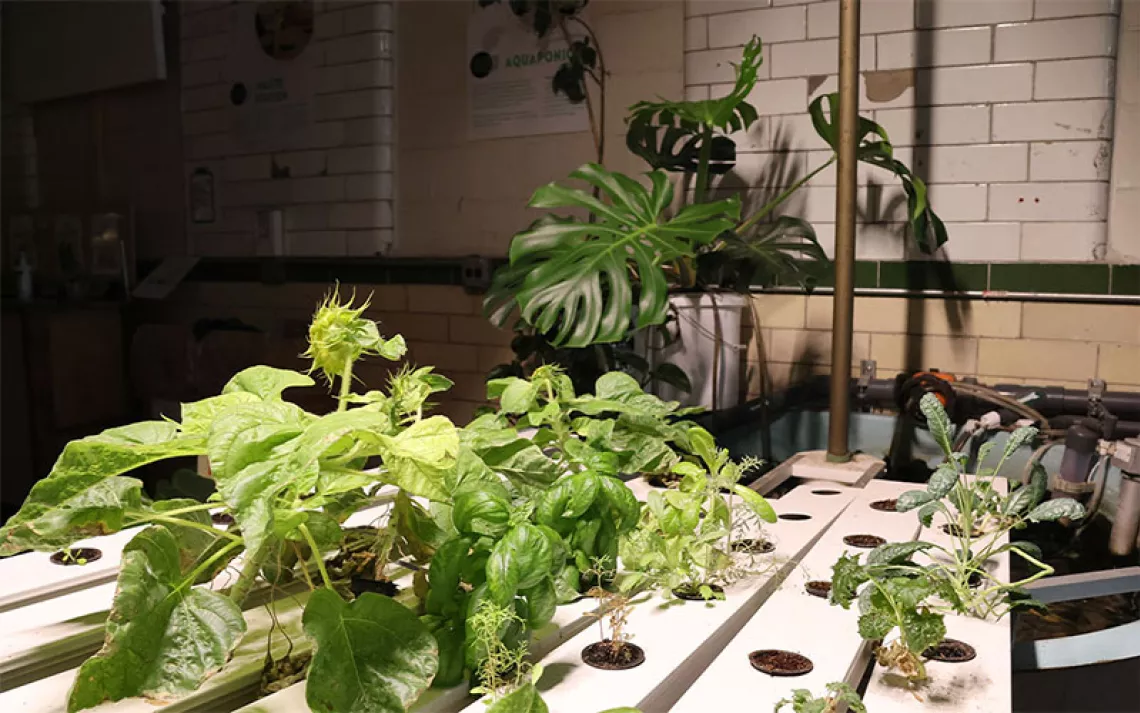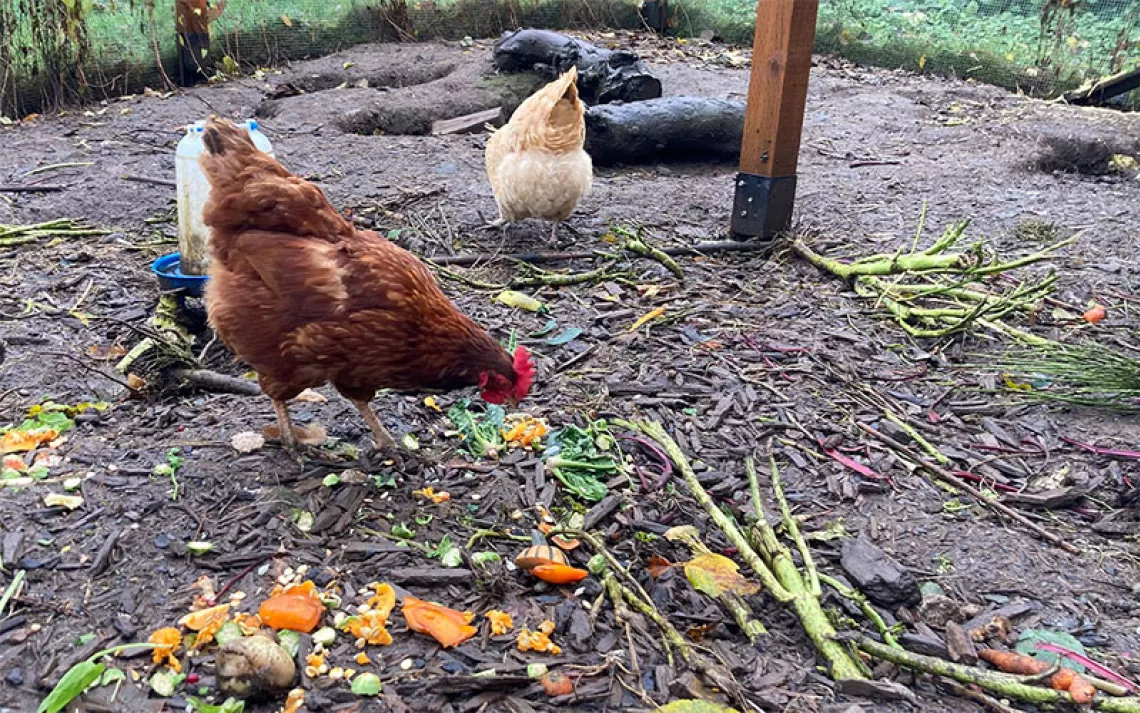Are Reusable Coffee Filters or Paper Filters Good for the Environment?
Consider giving a French press a try
Hey Mr. Green!
Which is better for the environment, a reusable coffee filter that needs to be rinsed and cleaned daily or paper filters that can be thrown into the compost bin along with the coffee grounds?
—Cindy in Covington, Kentucky
Both work well enough in terms of water conservation. It takes only a tiny amount of water per cup of coffee—about a tablespoon—to produce each paper filter. While the water needed to rinse a reusable filter no doubt exceeds that amount, it's not a major concern. Note that stove-top espresso makers, French presses, and AeroPresses all have reusable metal filters and make an excellent cup of joe.
The coffee beans themselves are a different story: It can take more than 35 gallons of water to produce one cup of coffee, according to the Water Footprint Network, a Dutch organization that examines production methods for various commodities.
To find suppliers whose coffee is produced under safe environmental conditions and fair labor practices, look for the fair trade label on packages and check sources such as the Rainforest Alliance (rainforestalliance.com).
 The Magazine of The Sierra Club
The Magazine of The Sierra Club



